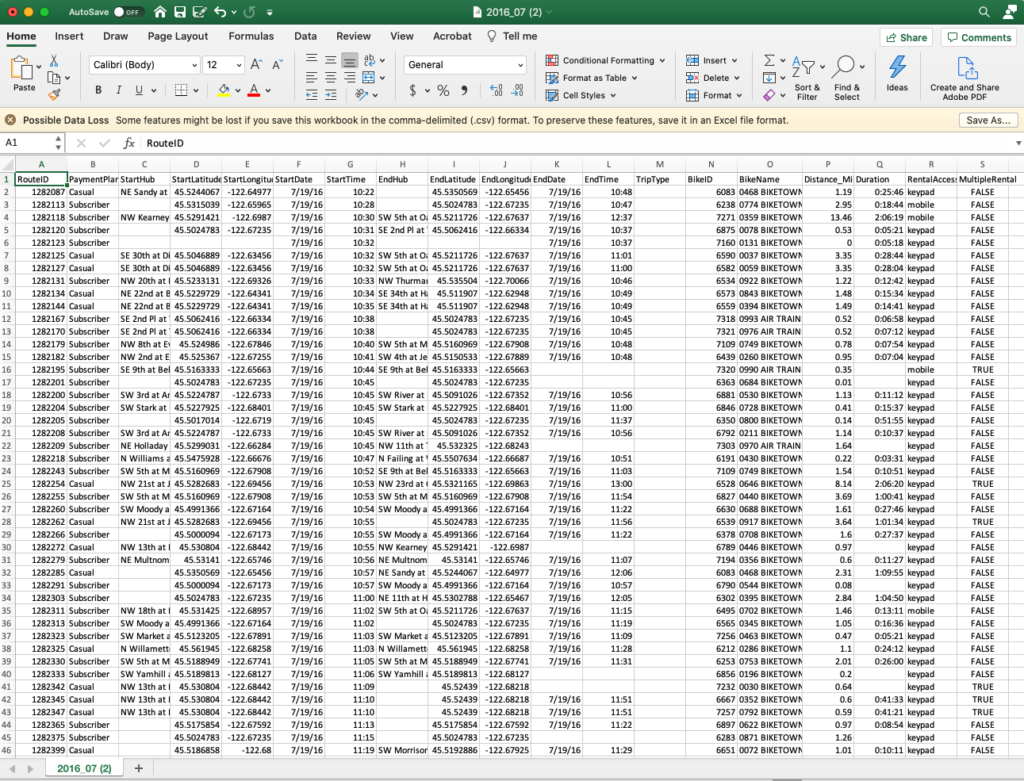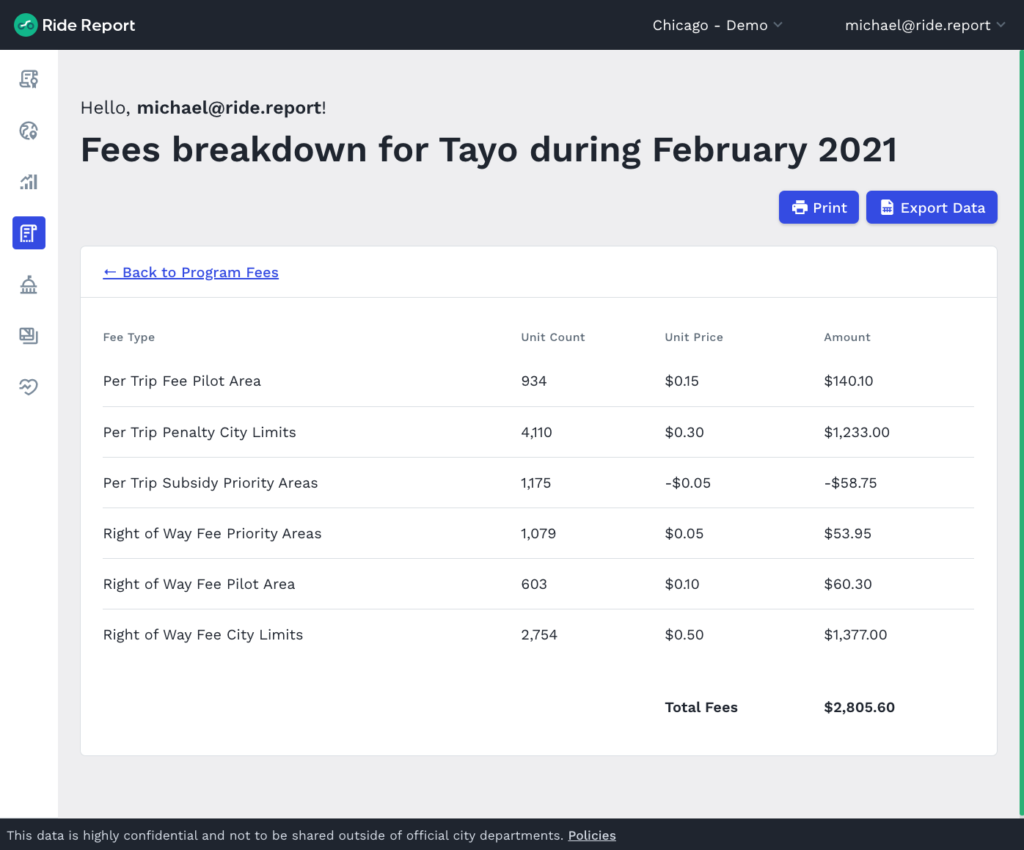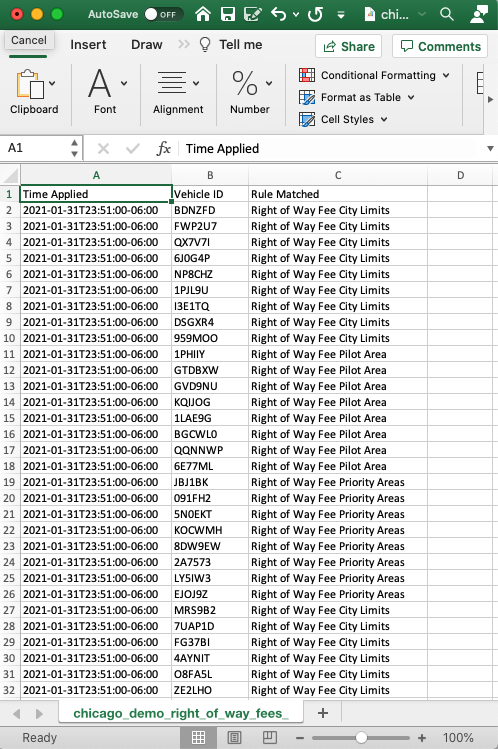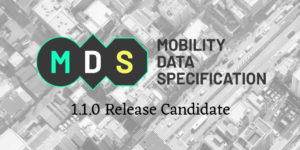In the years since private micromobility companies launched, cities have found ways to work with operators to meet shared goals like improved safety for riders, congestion relief, and the reduction of greenhouse gas emissions. One way they’re doing this: leveraging economic principles like fees and subsidies to create more sustainable, goals-oriented mobility programs.
ENACTING COMPLEX POLICIES
Fees and subsidies sound simple enough. But, enacting them in programs requires rules, calculations, and processes that can become complicated for a couple of reasons.
First, all stakeholders should align around shared metrics. Many public agencies use micromobility fees to cover the cost of administering their programs and make related infrastructure improvements, while some are experimenting with using a series of fees and subsidies to encourage behavior changes that make those programs financially sustainable in the long term while helping cities achieve their broader mobility goals.
For example, the City of Portland applies a variable deployment fee which is higher in denser areas where right-of-way space is at a premium. The City and County of Denver and the Sacramento Area Council of Governments provide subsidies to encourage distribution of vehicles or lower rates for riders in low-income areas which may not otherwise be financially sustainable for operators. Needless to say, the policies can become quite complex and require a shared understanding of metrics – or, how those policies are measured – between both cities and operators. This alignment becomes particularly important if those policies are to be enacted digitally.
Second, implementing fees and generating invoices can be a manual and tedious process. Spreadsheets exchanged back and forth between cities and operators, manual auditing – these methods of managing fees and subsidies require many steps, can be prone to error, and eat into both sides’ bottom line. Plus, challenges can be compounded exponentially by the number of operators in a given city and the number of cities a given operator supports.

What data exchange between operators and cities looked like before MDS and supporting tools.
SOLUTIONS FOR A DIGITAL AGE
As an open source standard, MDS is designed to encourage the creation of products and services that solve problems for cities, mobility providers, and the public. Ride Report has leveraged MDS for use around fees and subsidies, allowing cities to enact complex policies to achieve their goals while mitigating the aforementioned challenges. Support for policy rates was introduced in MDS 1.0.0 through the OMF’s collaborative process.

Demo invoice from Ride Report, showing both fees and subsidies based on trip starts or parking in different areas.
The data underlying MDS is very rich, and can be distilled in a way that is easy to understand, audit, and apply to fee structures. Using MDS data, Ride Report’s fees dashboard automatically calculates program fees in a way that is both easy to export and audit. Because Ride Report handles data flow on behalf of both parties, there are no gaps in data ingestion that lead to confusion and the need for further auditing. And, because operators and cities both have their own views of the program fees dashboard, they are each able to track them throughout the month, leading to smoother collaboration.

Screenshot of Ride Report’s auditing paper trail available to both cities and operators.
PBOT’s e-scooter fees are based on actual deployments and trips taken. I used to worry about calculating and processing invoices because of how much manual work was involved. Ride Report’s new fees and invoicing features allowed me to process several months of invoices from Portland’s four operators in just about 15 minutes. This saved me valuable time that I could use to focus on other higher priority tasks.
– Jacob Sherman, New Mobility Program Manager + E-Scooter Program Manager, City of Portland Bureau of Transportation
SUPPORTING THE POLICIES OF THE FUTURE
Fees and subsidies are emerging as a powerful policy lever in managing the public right of way. They have the potential to enable cities to encode rules, incentivize compliance, and ultimately move from managing a micromobility program to enacting policies that reach high-level goals around the environment, equitable access to transportation, transit connectivity, economic recovery, and more.
The mobility ecosystem is likely to see more policy innovation in this space, with cities working to achieve the right mix of fees and subsidies that will work in their communities. Meanwhile, we’ll see software services continue to remove the administrative element from this work, refining their products to meet the evolving needs of cities and the greater ecosystem.




